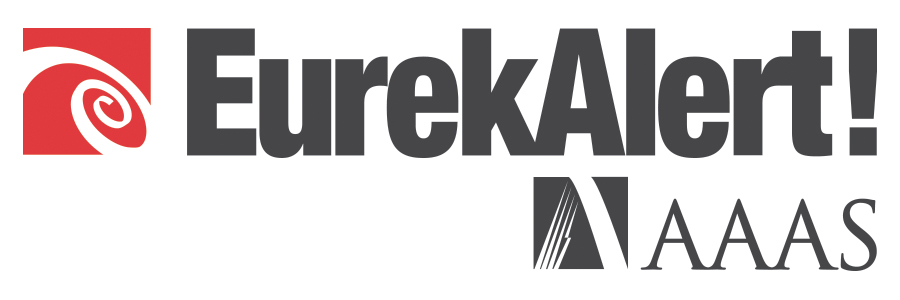
DARIEN, IL – Don’t miss the world’s largest meeting devoted entirely to clinical sleep medicine and sleep and circadian research. SLEEP 2019, the 33rd annual meeting of the Associated Professional Sleep Societies, LLC (APSS), will be held in San Antonio from June 9 through June 12. Leading sleep clinicians and scientists will attend this meeting in historic downtown San Antonio at the Henry B. González Convention Center.
The SLEEP 2019 scientific program begins at 1 p.m. on Sunday, June 9. The general sessions include abstract presentations, symposia, clinical workshops and discussion groups on topics ranging from sleep-disordered breathing and cannabinoid use to health disparities and wearable technology. Clinical sleep specialists will discuss current practices in the diagnosis and treatment of sleep disorders such as insomnia, narcolepsy and obstructive sleep apnea. A special symposium also will recognize the 25th anniversary of the National Center on Sleep Disorders Research, which is part of the National Institutes of Health. Download the final program for complete details.
Highlights include:
- The abstract supplement, comprising more than 1,000 research abstracts that will be presented, is available for download. Press releases highlighting some of the intriguing research at SLEEP 2019, such as telemedicine, school start times, and occupational health, will be distributed during the meeting, and interviews with study authors and expert spokespersons can be scheduled by request. Find all SLEEP 2019 press releases on the American Academy of Sleep Medicine website.
- Updates and discussion on social media: Follow @aasmorg and @ResearchSleep on Twitter for live updates, and use the official hashtag #SLEEP2019 to share your meeting-related content and see what attendees are saying.
- On Sunday afternoon, June 9, a symposium will explore the regulation and implementation of wearable technology in sleep and circadian science.
- The SLEEP 2019 plenary session on Monday morning, June 10, will feature award presentations and the keynote address, “Using Small Animal Models to Determine How and Why We Sleep,” presented by Amita Sehgal, PhD, the John Herr Musser Professor of Neuroscience in the Perelman School of Medicine at the University of Pennsylvania, where she is the director of the Chronobiology Program.
- On Monday morning, June 10, Terri Weaver, PhD, RN, dean and professor of the University of Illinois at Chicago College of Nursing, will present the Thomas Roth Lecture of Excellence, “Can CPAP Improve Quality of Life? The Challenge of Treatment Adherence.”
- On Monday afternoon, June 10, Drew Dawson, PhD, director of the Appleton Institute at Central Queensland University in Australia, will present the invited lecture, “Given Advances in Automation, Will Fatigue be a Non-Issue by 2040?”
- Beginning on Monday, June 10, through Wednesday, June 12, attendees can participate in ticketed lunch sessions, including “Meet the Professor” and “Lunch Debate” options to dive deeper into research from the meeting.
- On Tuesday morning, June 11, a symposium will explore the question of whether poor sleep causes cancer.
- On Wednesday morning, June 12, a symposium will examine the discovery and functional consequences of genetic factors in sleep.
- From Sunday, June 9, through Tuesday, June 11, the SLEEP 2019 poster presentations will be on display. Authors will be present to discuss their research during the official viewing hours from 5:15 p.m. to 7:15 p.m.
- The SLEEP 2019 exhibit hall will showcase the newest products and services available in the field of sleep medicine from Monday, June 10, through Wednesday, June 12.
The APSS is a joint venture of the American Academy of Sleep Medicine and the Sleep Research Society. To register for SLEEP 2019 press credentials, contact AASM Communications Coordinator Corinne Lederhouse at 630-737-9700, ext. 9366, or at clederhouse@aasm.org.
###
Disclaimer: AAAS and EurekAlert! are not responsible for the accuracy of news releases posted to EurekAlert! by contributing institutions or for the use of any information through the EurekAlert system.

